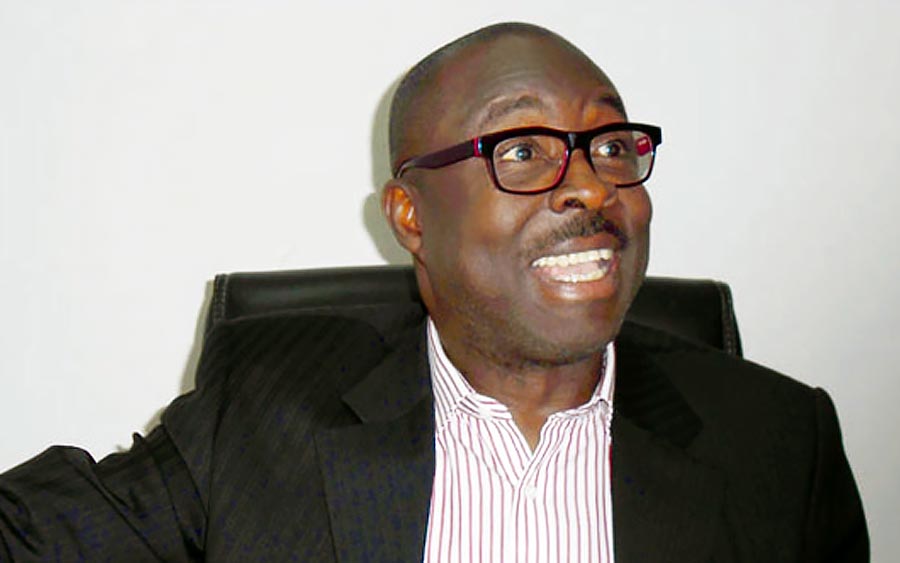The Minister of Industry Trade and Investment, Niyi Adebayo, has said that the Federal Government may represent the Automotive Bill to the National Assembly for consideration and passage. We recall that the bill was passed by the National Assembly in 2018 and sent to the President for assent.
However, due to several concerns and issues raised by several key stakeholders, the policy was returned to the National Automotive Design and Development Council for further review and amendment. Notably, the Minister revealed that the government needed the policy to come alive to protect investment commitment in the automotive sector with the legal backing to sustain investors’ confidence.
In November 2013, Nigeria announced the introduction of a new automotive policy which was geared towards discouraging the importation of wholly assembled automobiles and encouraging local manufacturing. Specifically, the policy allows local assembly plants to import completely-knocked-down vehicles at 0% duty, and semi-knocked-down vehicles at 5% duty, while importers pay a 70% duty on new and previously-owned vehicles.
The focal point of this policy was to encourage local car production/assembly plants while cutting importation through raising import duties.
Unsurprisingly, seven years after and still counting, the policies enacted by the government have failed to achieve the desired outcomes as the country’s domestic vehicle production capacity remains underutilized. The economic slump that the country suffered shortly after the automotive policy was introduced hindered the resuscitation of the industry.
[READ MORE: Hurdles before CBN, as ABP beneficiaries fail to repay loan)
The depreciation in the value of the Naira drove the prices of new cars far above the purchasing power of the fast diminishing middle-income class. Automobile dealers also witnessed a significant decline in sales volumes due to the higher landing cost of imported vehicles which has been further amplified by higher tariffs.
In the same vein, locally-assembled vehicles, for which the Automobile policy was enacted, experienced significant price increases which affected the affordability by a huge percentage of Nigerians.
Globally, the automotive industry plays both strategic and catalytic roles ranging from employment creation, fostering the development of small and medium enterprises in respect of automotive parts and components, improving industrial linkages and facilitating investment in technology and innovation.
Although Nigeria is well-positioned to be a major assembly hub for international auto companies due to its existing installed auto capacity, large labour force, huge population which presents opportunities for significant local demand, the absence of a robust middle class that can afford those vehicles will continue to hinder the nation’s ability in unlocking the potentials of the industry, especially as the resuscitation of the industry coincides with a period when the Nigerian consumer is under pressure from inflationary effects and a weaker domestic currency.
_______________________________________________________________________
CSL STOCKBROKERS LIMITED CSL Stockbrokers,
Member of the Nigerian Stock Exchange,
First City Plaza, 44 Marina,
PO Box 9117,
Lagos State,
NIGERIA.
